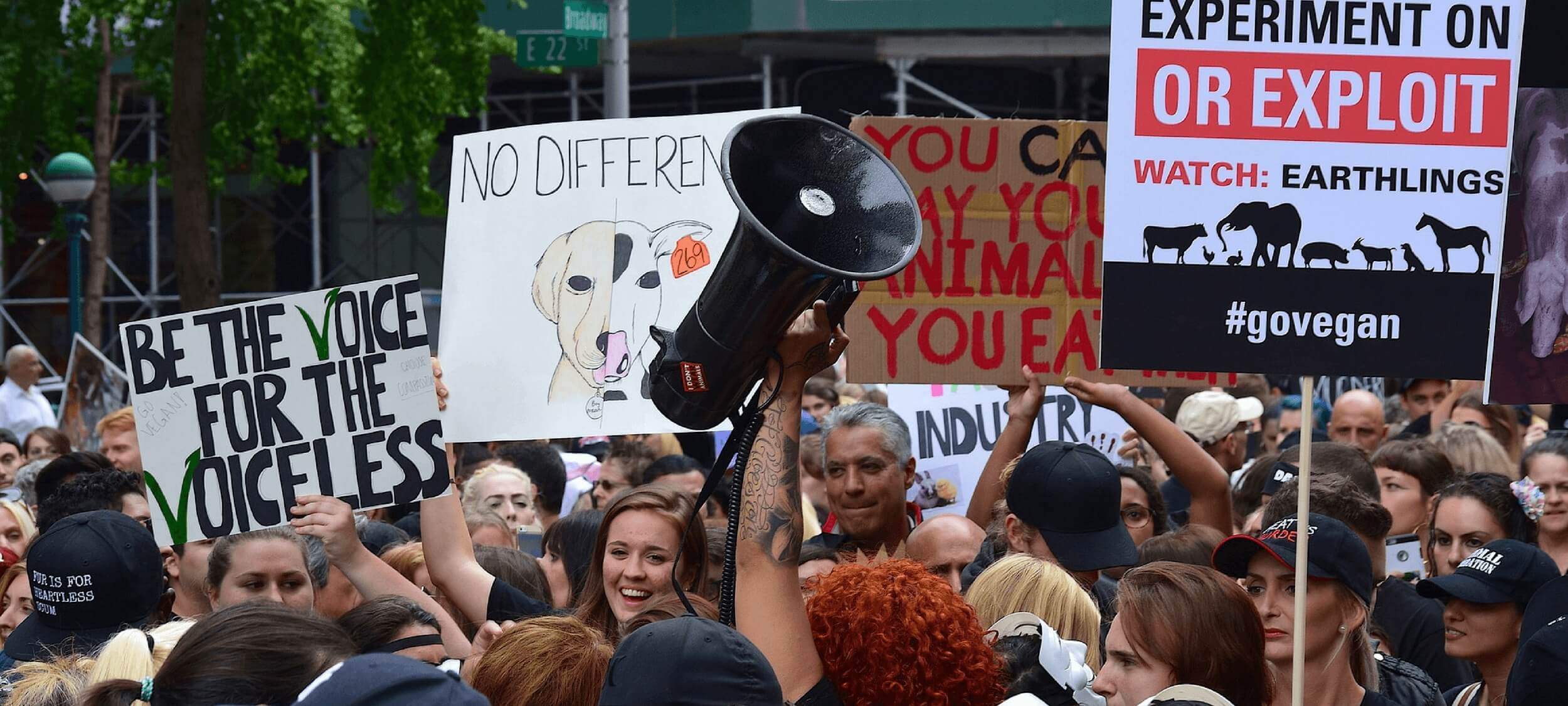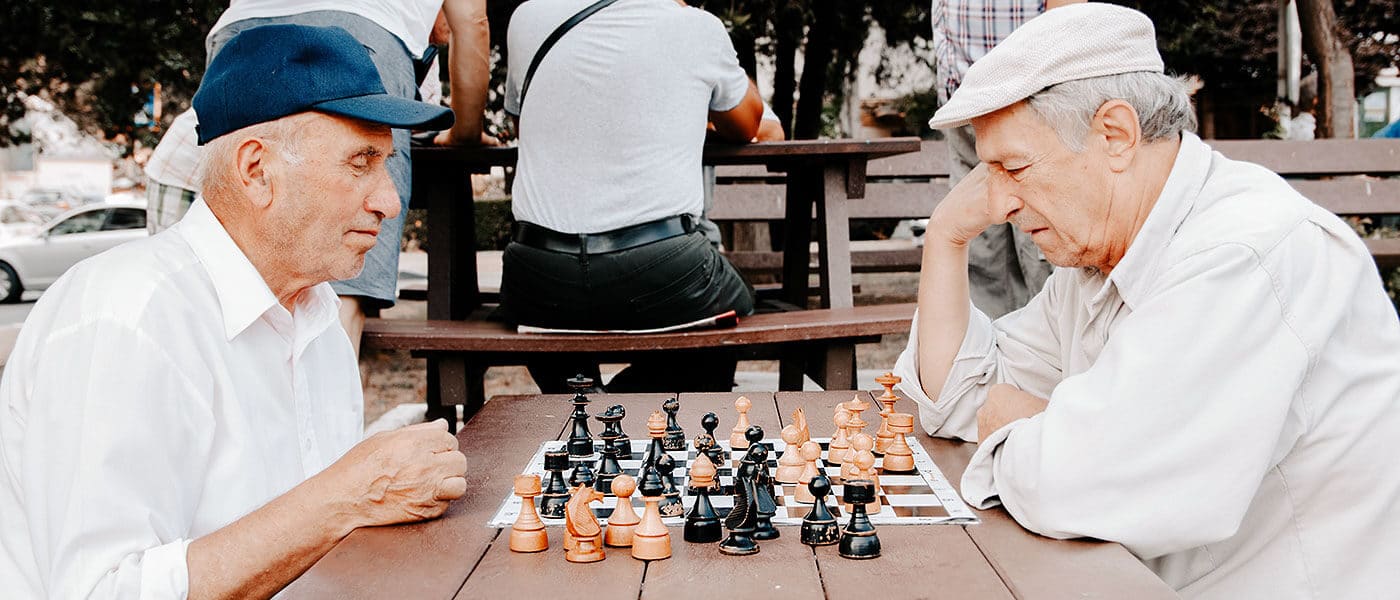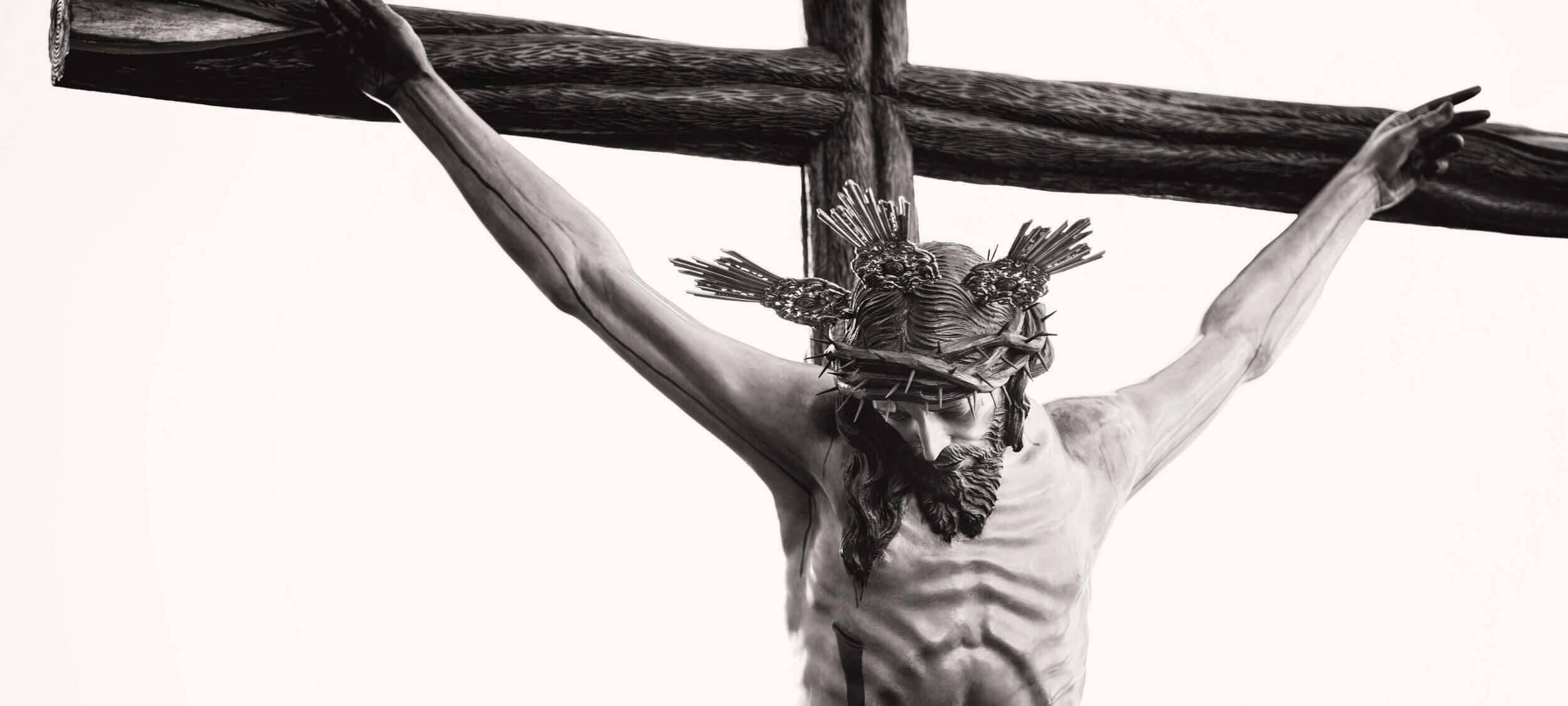Interrogating our vaccine fetish

Interrogating our vaccine fetish
Opinion + AnalysisHealth + Wellbeing
BY Bryan Mukandi The Ethics Centre 27 SEP 2021
A couple of months ago, a friend died as a result of COVID-19 infection.
In a more just world, more people would know about Dr Surprise Matekere, or Shami, as I knew her long ago, when we were fellow medical students and then junior doctors at the United Bulawayo Hospitals.
In a more just world, the poor, rural communities she served would not have been so poor, or so in need of her generosity, nor the generosity of others like her. In a more just world, standards of living in Matabeleland and across the so-called ‘developing world’ would be much higher; COVID vaccines and other health supplies would be more widely available; and a remarkable woman, an incredibly dedicated health care provider, and a lovely human being would probably still be alive today. Sadly, it seems as though the world of our making is governed more by the maxim Ngũgĩ wa Thiong’o laments in Petals of Blood – ‘you eat or you are eaten’ – than it is by any coherent conception of justice. Moreover, our primary imperative, our outworking of conatus or the will to persevere, is a striving to be on the winning side of the ruthless, governing calculus. We are driven, it seems to me, by the impulse to consume others. It’s on this, our cannibalism, that I would like to dwell.
We are driven, it seems to me, by the impulse to consume others.
In his argument for conditional requirements rather than compulsion to be vaccinated, Simon Longstaff makes helpful allusion to ‘our nation’s response to the threat posed by terrorism’. He correctly points to the present negative consequences of the post 9-11 deployment of incorrect language and concepts in the justification of terrible policy. Instructive as that is, I think Operation Sovereign Borders is even more illuminating. Consider all the death and suffering that we, in Australia, were collectively willing to countenance to ensure that the risk of being eaten remained beyond our shores, externalized.
How many times did we hear the invocation of the formula, “We don’t want to see people dying at sea on their way here,” with absolutely no care taken nor provisions in mind for them, dying over there? Granted, many of us opposed the policy, but Charles Mills’ explication of The Racial Contract should give even those of us who protest/ed pause. At the heart of the racial contract, he claims, is ‘an epistemology of ignorance’. Hence, signatories acquire both: a share in domination; as well as the power to fail to understand their part in that same domination. That ability to fail to see those one consumes, to imagine oneself morally upright with clean hands, demands the expenditure of a great deal of power, Nietzsche tells us. In practical terms, this means that we can critique and protest cruelty enacted on our behalf, all the while enjoying its benefits.
In practical terms, this means that we can critique and protest cruelty enacted on our behalf, all the while enjoying its benefits.
It’s interesting how the ‘Sovereign Borders’ logic has been deployed internally. The obvious parallels are between national and state boundaries. Today in Queensland, what will be in New South Wales will be – people will be locked down, vaccinated, or not; numbers will go up and down; elected officials will stay or go – so long as we are not locked down, and continue to receive all our goods and services. So much so, I’m not sure how meaningful the distinction really is between the person in Delhi and the person in Sydney. Having been convinced that our wellbeing is tied to the exclusion of the former, it was a small hop, skip and a jump to accepting the same argument regarding the latter. The pedantic reader will ask about the ethnicity and socio-economic qualities of these two individuals. Might the drive to keep consuming in peace trump longstanding prejudices? It might, and once this logic holds across state lines, why not across local government authorities, neighbourhoods, class or occupational lines?
Those in our society most given to eating and most practiced in not being eaten seem to be responding to the pandemic and all it portends in two main ways, dividing themselves into two broad groups.
Those in our society most given to eating and most practiced in not being eaten seem to be responding to the pandemic and all it portends in two main ways, dividing themselves into two broad groups. I would refer to the first group as petulant children, were they not so dangerous. Yet beneath the surface of anti-vaccine, anti-lockdown protest is the reality that there are among us those habituated to privilege – to being served, to tax breaks, cheap credit, relatively high wages, to the inheritance, accumulation and bequeathal of wealth, and to social and political institutions that seem to work to their benefit. So much so, these recipients of enough of a share of a machine – that extracts unsustainably and inequitably – have lost either the ability or the will to countenance risk, precarity, or even their own mortality.
The second group is as invested in the status quo, but instead of closing both eyes to the present state of things, gingerly advances with one eye open and an outstretched hand feeling out the future. “70% … 80% … single dose…double dose … when we get to 70% double dose vaccination…” These are their religious mantras, rather than, “Universal basic income … community development schemes … decentralisation … grassroots public engagement…” It’s fascinating to watch the government, which collectively belongs in this camp, wheel and deal to secure more vaccine doses. Names of pharmaceutical corporations have been made part of the national lexicon. Officialdom has decided that the COVID-19 plan is to keep calm and vaccinate. And while I think mass vaccination is eminently sensible and should be pursued rigorously, I wonder about how those charged with governing will address the small proportion of people who cannot get vaccinated due to medical contraindications; and the larger number who choose not to get vaccinated. It is an unjust society that is indifferent to the former, sacrificing them to the satisfaction of the appetites of the many, regardless of how small their number; and it is a cruel society that is willing to disregard the latter, no matter how petulant.
It is an unjust society that is indifferent to the former, sacrificing them to the satisfaction of the appetites of the many, regardless of how small their number; and it is a cruel society that is willing to disregard the latter, no matter how petulant.
Interestingly, I think these two groups are two parties, taking different paths towards the same goal: the satisfaction of the impulse to continue to eat rather than be eaten. One group demands the right to go on exactly as before, while the other wants to take some precautions, and then go on as before. For both parties, the vaccine is a fetish, understood in the sense laid out by J. Lorand Malory in The Fetish Revisited. He defines a fetish as “a material thing animated by the contrary models of society and the contrary personal expectations of the people who […] have rival relationships with that material thing”. A vaccine is a material object; it is a biologically active substance administered by needle and syringe. COVID-19 vaccines have been brought to life in ways that the measles, mumps and rubella (MMR) vaccine has not. This is because MMR vaccine does not raise existential questions regarding the possibilities of our ability to persist as before.
The COVID vaccination debate concentrates and reduces a complex, crucial conversation to the level of the inane.
The COVID vaccination debate concentrates and reduces a complex, crucial conversation to the level of the inane. It exempts us from consulting geographers, urban planners, architects, civil engineers, political economists, environmental scientists, sociologists and others on the urgent societal reconfiguration necessary. We can instead just reel off biostatistics, discover libertarianism, or engage in any number of activities that keep us focused on stop gaps rather than confronting the demands of redress. Fixation on vaccine and on anti-vaccine are different modes of the same evasion of thought.
In The Beast and the Sovereign, Jacques Derrida grapples with that beastliness which is a feature of the enactment of some conceptions of sovereignty. This maps onto, I suspect, the voracious, extractive monster – the demonic, open stomach – that Irene Watson describes in Raw Law. For the most part, this beastly monstrosity is who we are as a political community. Confronted with crisis, we demand the freedom to move about unvaccinated and spread illness where we go; or the freedom to compel or coerce others into taking the medical precautions that will hasten a return to our normal patterns of consumption, including the consumption of the labour of those we are compelling. Naked indifference on one hand, and callous disregard on the other.
In both cases, frighteningly sharp teeth are bare. In neither case is there the attempt to engage in politics, not of the political party variety, but that deliberative, difficult, good faith engagement around what makes for a good society, to which Aristotle gestures in the Nicomachean Ethics. Thus, we ensure that the condemned of the world remain prey, in New South Wales, in Delhi, in Matabeleland, regardless of which of our ruling factions comes out on top.
Ethics in your inbox.
Get the latest inspiration, intelligence, events & more.
By signing up you agree to our privacy policy
You might be interested in…
Opinion + Analysis
Health + Wellbeing, Relationships
Confirmation bias: ignoring the facts we don’t fancy
Opinion + Analysis
Climate + Environment, Health + Wellbeing
How should vegans live?
Opinion + Analysis
Health + Wellbeing, Science + Technology
The ethics of drug injecting rooms
Opinion + Analysis
Business + Leadership, Health + Wellbeing, Science + Technology
Can robots solve our aged care crisis?
BY Bryan Mukandi
is an academic philosopher with a medical background. He is currently an ARC DECRA Research Fellow working on Seeing the Black Child (DE210101089).
BY The Ethics Centre
The Ethics Centre is a not-for-profit organisation developing innovative programs, services and experiences, designed to bring ethics to the centre of professional and personal life.
Enwhitenment: utes, philosophy and the preconditions of civil society

Enwhitenment: utes, philosophy and the preconditions of civil society
Opinion + AnalysisRelationships
BY Bryan Mukandi 25 NOV 2020
The wing of the philosophy department that I occupied during my PhD studies is known as ‘Continental’ philosophy. You see, in Australia, in all but the most progressive institutions, colonial chauvinism so prevails that philosophy is by definition, Western.
A domestic dispute, however, means that most aspiring academic philosophers must choose between the Anglo-American tradition, or the Continental European one. I chose the latter because of what struck me as the suffocating rigidity of the former. Yet while Continental philosophy is slightly more forgiving, it generally demands that one pick a master and devote oneself to the study of the works of this (almost always dead, white, and usually male) person.
I chose for my master a white man of questionable whiteness. Born and raised on African soil, Jacques Derrida was someone who caused discomfort as a thinker in part because of his illegitimate origins. In response, Derrida worked so hard to be accepted that one of the emerging masters of the discipline wrote an approving book about him titled The Purest of Bastards. I, not wanting to undergo this baptism in bleach, ran away into the custody of a Black man, Frantz Fanon.
Born in Martinique, even further in the peripheries of empire than Derrida; a qualified medical practitioner and specialist psychiatrist rather than armchair thinker; and worst of all, someone who cast his lot with anti-colonial fighters – Fanon remains a most impure bastard. My move towards him was therefore a moment of the exercise of what Paul Beatty calls ‘Unmitigated Blackness’ – the refusal to ape and parrot white people despite the knowledge that such refusal, from the point of view of those invested in whiteness, ‘is a seeming unwillingness to succeed’.
It’s not that I didn’t want to succeed. Rather, I found Fanon’s words compelling. The Black, he laments, ought not be faced with the dilemma: ‘whiten yourself or disappear’. I didn’t want to have to put on whiteface each morning. I didn’t want to have to translate myself or my knowledge for the benefit of white comprehension, because that work of translation often disfigures both the work and the translator.
I couldn’t stomach the conflation of white cultural norms with professionalism; the false belief that familiarity with (white) canonical texts amounts to learning, or worse, intelligence; or the assessment of my worth on the basis of my learnt domesticity.
The mistake I made, though, was to assume that moving to the Faculty of Medicine would exempt me from the demand to whiten.
Do you know that sticker, the one you’ll sometimes see on the back of a ute, and often a ute bearing a faux-scrotum at the bottom of the tow bar: “Australia! Love It or Leave It!”? I don’t think that’s a bad summation of the dominant political philosophy in this country. It comes close. Were I to correct the authors of that sticker, I would suggest: “Australia: whiten, or disappear!” This, I think, is the overarching ethos of the country, emanating as much from faux-scrotum laden utes, to philosophy departments, medical institutions, and I suspect board rooms and even the halls of parliament.
What else does, for example, Closing the Gap mean? Doesn’t it boil down to ‘whiten or disappear’, with both reduction to sameness and annihilation constituting paths to statistical equivalence?
I marvel at the ways in which Indigenous organisations manoeuvre the policy, but I suppose First Nations peoples have been manoeuvring genocidal impulses cast in terms of beneficence – ‘bringing Christian enlightenment’, ‘comforting a dying race’, ‘absorption into the only viable community’ – since 1788.
Furthermore, speak privately to Australians from black and brown migrant backgrounds, and ask how many really think the White Australia Policy is a thing of the past. Or just read Helen Ngo’s article on Footscray Primary School’s decision to abolish its Vietnamese bilingual program in favour of an Italian one. As generous as she is, it’s difficult to read the school’s position as anything but the idea that Vietnamese is fine for those with Vietnamese heritage; but at a broader level, for the sake of academic outcomes, linguistic development and cultural enrichment, Italian is the self-evidently superior language.
The difference between the two? One is Asian, while the other is European, where Europe designates a repository into which the desire for superiority is poured, and from which assurance of such is drawn. Alexis Wright says it all far better than I can in The Swan Book.
There sadly prevails in this country the brutal conflation of the acceptance of others into whiteness; with tolerance, openness or even justice.
The Italian-speaking Vietnamese child supposedly attests to ‘our’ inclusivity. Similarly, so long as the visible Muslim woman isn’t (too) veiled, refrains from speaking anything but English in public, and is unflinching throughout the enactment of all things haram (forbidden) – provided that her performance of Islam remains within the bounds of whiteness, she is welcome.
This is why so many the medical students whom I now teach claim to be motivated by the hope of tending to Indigenous, ethnically diverse, differently-abled and poor people. Yet only a small fraction of those same students are genuinely willing to learn how to approach those patients on those patients’ terms, rather than those of a medical establishment steeped in whiteness. To them, the idea of the ‘radical reconfiguration of power’ that Chelsea Bond and David Singh have put forward – that there are life affirming approaches, terms of engagement, even ways of being beyond those conceivable from the horizon of whiteness – is anathema.
Here, we come to the crux of the matter: a radical reconfiguration is called for. Please allow me to be pedantic for a moment. In her Raw Law, Tanganekald and Meintangk Law Professor, Irene Watson, writes about the ‘groundwork’ to be done in order to bring about a more just state of affairs. This is unlike German philosopher Immanuel Kant’s Groundwork for a Metaphysics of Morals, by my reading a demonstration of the boundlessness of white presumption and white power, disguised as the exercise of reason. Instead, like African philosopher Omedi Ochieng’s Groundwork for the Practice of a Good Life, but also unlike that text, Watson’s is a call to the labour of excavation, overturning, loosening.
As explained in Asian-Australian philosopher Helen Ngo’s The Habits of Racism, a necessary precondition and outcome of this groundwork – particularly among us settlers, long-standing and more recent, who would upturn others’ lands – is the ongoing labour of ethical, relational reorientation.
Only then, when investment in and satisfaction with whiteness are undermined, can all of us sit together honestly, and begin to work out terms.
This project is supported by the Copyright Agency’s Cultural Fund.
![]()
Ethics in your inbox.
Get the latest inspiration, intelligence, events & more.
By signing up you agree to our privacy policy
You might be interested in…
Opinion + Analysis
Business + Leadership, Relationships, Science + Technology
Are we ready for the world to come?
Opinion + Analysis
Politics + Human Rights, Relationships
What’s the use in trying?
Opinion + Analysis
Health + Wellbeing, Relationships
Philosophy must (and can) thrive outside universities
Opinion + Analysis
Health + Wellbeing, Relationships
Germaine Greer is wrong about trans women and she’s fuelling the patriarchy
BY Bryan Mukandi
is an academic philosopher with a medical background. He is currently an ARC DECRA Research Fellow working on Seeing the Black Child (DE210101089).
Philosophically thinking through COVID-19

Philosophically thinking through COVID-19
Opinion + AnalysisHealth + WellbeingRelationshipsScience + Technology
BY Bryan Mukandi The Ethics Centre 9 MAY 2020
In their recent article, ‘Who gets the ventilator in the coronavirus pandemic?’, bioethicists Julian Savulescu and Dominic Wilkinson note that we may soon be faced with a situation in which the demand for medical resources is greater than what is available.
At that point, decisions about who gets what medical resources ought to be just, they argue. The trouble with the article however, is that the two men seem to approach our present crisis as though it were just that, a present tense phenomenon. They view COVID-19 not as a something that has emerged over time as a result of our social configuration and political choices, but as something that appeared out of nowhere, an atemporal phenomenon.
Treating the pandemic as atemporal means that the two scholars only focus on the fact of this individual here and that one over there, suffering in this moment, from the same condition. They fail to ask how how this person came to be prone to the virus, or what resources that person has had at their disposal, let alone the socio-political and historical circumstances by which those resources were acquired. Karla Holloway, Professor of English and Professor of Law, makes the point that stripping away the textual details around our two patients simplifies the decision making process, but the price paid for that efficiency might be justice.
We know that there are systematic discrepancies in medical outcomes for marginalised groups at the best of times.We know that structural inequalities inform discrepancies around the degree to which people can practice social distancing and reduce the risk of infection. We know that those most likely to be most severely affected in the wake of the pandemic are those belonging to already marginalised communities. As public health medicine specialist, Papaarangi Reid, put it in a recent interview:
“We’ve got layers that we should be worried about. We should be worried about people who have difficulty accessing services … people who are stigmatised … While we are very worried about our elderly, we’re also worried about our precariat: those who are homeless; we’re worried about those who are impoverished; those who are the working poor; we’re worried about those who are in institutions, in prisons.”
Every time Reid says that we ought to worry about this group or that, I am confronted by Arendt’s take on just how difficult it is to think in that manner. I’m currently teaching a Clinical Ethics course for second year medical students, one of whose central pillars is Hannah Arendt’s understanding of thought. Standing on the other side of the catastrophe that was the second world war, she warned that thinking is incredibly difficult; so much so it demands that one stop, and it can be paralysing.
Arendt pointed out those algorithmic processes on the basis of which we usually navigate day-to-day life: clichés, conventional wisdom, the norms or ‘facts’ that seem so self-evident, we take them for granted. She argued that those are merely aids, prostheses if you like, which stand in the place of thinking – that labour of conceptually wading through a situation, or painstakingly kneading a problem. The trouble is, in times of emergency, where there is panic and a need for quick action, we are more likely to revert to our algorithms, and so reap the results of our un-interrogated and unresolved lapses and failures.
Australia today is a case in point. “The thing that I’m counting on, more than anything else,” noted Prime Minister Scott Morrison recently, “Is that Australians be Australian.” He went on to reiterate at the same press conference, “So long as Australians keep being Australians, we’ll get through this together.”
I’m almost sympathetic to this position. A looming disaster threatens the status quo, so the head of that status quo attempts to reassure the public of the durability of the prevailing order. What goes unexamined in that reflex, however, is the nature of the order. The prime minister did not stop to think what ‘Australia’ and ‘Australianness’ mean in more ordinary times.
Nor did he stop to consider recent protests by First Nations peoples, environmental activists, refugee and asylum seeker advocates and a raft of groups concerned about those harmed in the course of ‘Australians being Australian’. Instead, with the imperative to act decisively as his alibi, he propagated the assumption that whatever ‘Australia’ means, it ought to be maintained and protected. But what if that is merely the result of a failure to think adequately in this moment?
In his excellent article, calling on the nation to learn from past epidemics, Yuggera/Warangu ophthalmologist Kris Rallah-Baker, writes: ‘This is just the beginning of the crisis and we need to get through this together; Covid-19 has no regard for colour or creed’. In one sense, he seems to arrive at a position that is as atemporal as that of Savulescu and Wilkinson, with a similar stripping away of particularity (colour and creed). It’s an interesting position to come to given the continuity between post-invasion smallpox and COVID-19 that his previous paragraphs illustrate.
Read another way, I wonder if Rallah-Baker is provoking us; challenging us to think. What if this crisis is not the beginning, but the result of a longstanding socioeconomic, political and cultural disposition towards First Nations peoples, marginalised groups more broadly, and the prevailing approach to social organisation?
Could it then also be the case that the effect of the presence of novel coronavirus in the community is in fact predicated, to some degree, on social categories such as race and creed? Might a just approach to addressing the crisis, even in the hospital, therefore need to grapple with temporal and social questions?
There will be many for whom the days and weeks ahead will rightly be preoccupied with the practical tasks before them: driving trucks; stacking supermarket shelves; manufacturing protective gear; mopping and disinfecting surfaces; tending to the sick; ensuring the continuity of government services; and so forth. For the rest of us, there is an imperative to think. We ought to think deeply about how we got here and where we might go after this.
Perhaps then, as health humanities researchers Chelsea Bond and David Singh recently noted in the Medical Journal of Australia:
“we might also come to realise the limitations of drawing too heavily upon a medical response to what is effectively a political problem, enabling us to extend our strategies beyond affordable prescriptions for remedying individual illnesses to include remedying the power imbalances that cause the health inequalities we are so intent on describing.”
You can contact The Ethics Centre about any of the issues discussed in this article. We offer free counselling for individuals via Ethi-call; professional fee-for-service consulting, leadership and development services; and as a non-profit charity we rely heavily on donations to continue our work, which can be made via our website. Thank you.
Ethics in your inbox.
Get the latest inspiration, intelligence, events & more.
By signing up you agree to our privacy policy
You might be interested in…
Opinion + Analysis
Health + Wellbeing, Relationships
Easter and the humility revolution
Big thinker
Health + Wellbeing, Relationships
Big Thinker: Temple Grandin
Explainer
Relationships, Society + Culture
Ethics Explainer: Beauty
Explainer
Relationships















